Did you know that the fashion industry is among the top environmental polluters globally?
According to the United Nations Environment Program, the fashion industry is responsible for 20% of global wastewater and 10% of global carbon emissions, among other adverse effects.
But you already know this!
This is why you're looking for ways to help with the problem. You've already gone ahead and purchased clothes from an environmentally friendly producer. You're now looking for ways to make sure you further reduce the impact your clothing has on the environment.
This article will help you do that. In today's post, we discuss nine ways to take care of your clothes in an eco-friendly way.
Let's get right into it:
Table of Contents
- #1. Wash Infrequently
- #2. Use Cold Water (30 degrees or Less)
- #3. Invest in an Energy-Efficient Washing Machine
- #4. Use Environmentally Friendly Detergents
- #5. Use a Washbag
- #6. Limit Dryer Use
- #7. Steam, don't Iron
- #8. Use a Laundromat
- #9. Repair Rather than Buying
- Caring for Fabric in an Eco-friendly Way
#1. Wash Infrequently
I want you to take a look at your laundry basket. How many of the clothes in there have you worn only once?
If you're like most, there are several pairs of jeans you wore when going to the grocery store, then came back home and threw them into the laundry basket.
However, that shouldn't be the case.
You should only wash clothes when they're actually dirty. If a piece of clothing doesn't smell and has no visible stains, there's no need to wash it.
Frequent washing of clothes exposes them to constant friction, which results in the shortening of the clothes' lifespan.
Frequent cloth washing is also energy-consuming. Not only do you use more water when you wash clothes frequently, but you also use more energy.
To prevent over washing, invest in clothing that's water and stain-resistant. When it comes to jeans, you can wear them three times before a wash.
#2. Use Cold Water (30 degrees or Less)
Most washing machines are automatically set up to use hot water. This automatic setting is responsible for consuming 90% of the energy you use to run a cycle.
To save energy and money, opt for cold water when possible.
This simple shift will save hundreds of dollars annually on energy bills and help reduce the effect the energy grid has on the environment.
And that's not all!
Using cold water also makes your clothes last longer since the elastic and synthetic components aren't affected by heat.
#3. Invest in an Energy-Efficient Washing Machine
How old is your washing machine?
If it's a top-loading washer from the last century, it probably consumes more water than the more recently produced machines.
When shopping for a washer, look for one with an energy star logo—preferably a front-loading machine. Compared to the old top-loading machines that consume close to 40 gallons of water per load, modern washers consume 18-25 gallons.
#4. Use Environmentally Friendly Detergents
For someone looking for ways to save the planet, using environmentally friendly detergents should be a no-brainer.
As you probably know, most conventional detergents contain phosphates and other chemicals that are harmful to both the environment and humans.
So, if you're looking for ways to take care of your clothes in an eco-friendly way, it's best to invest in environmentally friendly detergents.
However, not every product labeled "eco" is environmentally friendly. To gain an idea of some of the eco-friendly soaps on the market, check here.
#5. Use a Washbag
Most synthetic clothes contain microplastic particles that are washed away with wastewater during cleaning.
To prevent such microplastics from reaching the ocean, you should use a washbag when washing clothes with certain fabrics—this includes the various Northbound gear apparel.
A washbag also helps to increase the longevity of your clothes. Not only does a wash bag protect your clothes from the throws of the spin cycle, but it also ensures hooks and zips don't get caught in other items while maintaining the shape and elasticity of certain clothing.
#6. Limit Dryer Use
If you were to run an audit of how different appliances in your house consume energy, your dryer would come a close second to your refrigerator.
Holding back on dryer use would not only help you reduce your home's carbon footprint; it also helps you save on energy costs.
One alternative to dryers is using line-drying. Line drying also helps to lengthen your clothes' lifespan. If line drying isn't an option, you can invest in dryer balls, which reduces drying time.
#7. Steam, don't Iron
Another laundry energy-consuming activity is ironing.
And it's not only energy-consuming, but it also deteriorates the fabric of most clothes. Rather than ironing, you can use a steamer to get rid of wrinkles.
And to ensure your clothes come out crispy, hang them immediately after the wash cycle. This allows the flowing water to remove most of the wrinkles.
Also, make sure to fold your clothes and store them under other clothes in the dresser.
#8. Use a Laundromat
If you can't line hang your clothes, have a pre-2000 top-loading washing machine, and live close to a laundromat, you can consider using one as an option.
The washers and dryers used in this place are more efficient and cheaper to use than most domestic machines.
#9. Repair Rather than Buying
One way to help reduce the adverse effects of fast fashion is repairing your clothes rather than buying new ones.
Buying new clothes whenever yours has a minor rip or tear only feeds the beast and increases the number of items arriving at the landfill.
Repairing your clothes not only helps to starve the beast, but it also helps you save money that you'd have used to buy new clothes. It also equips you with a valuable skill that you can later monetize.
Caring for Fabric in an Eco-friendly Way
There you go.
Nine strategies you can employ to take care of your clothes in an eco-friendly way. Which of these strategies do you already use? Which one will you start using? Tell us in the comment section below.
Until then, please do your part to protect our planet.
And if you’re in the market for some high-quality clothes from an eco-friendly producer, check out our online shop here. At Northbound we do our best to help the planet. Our clothes are high quality and are made from eco-friendly materials. And for every purchase you make with us, we plant a tree.
Upward and Onwards with Northbound Gear.
Read more
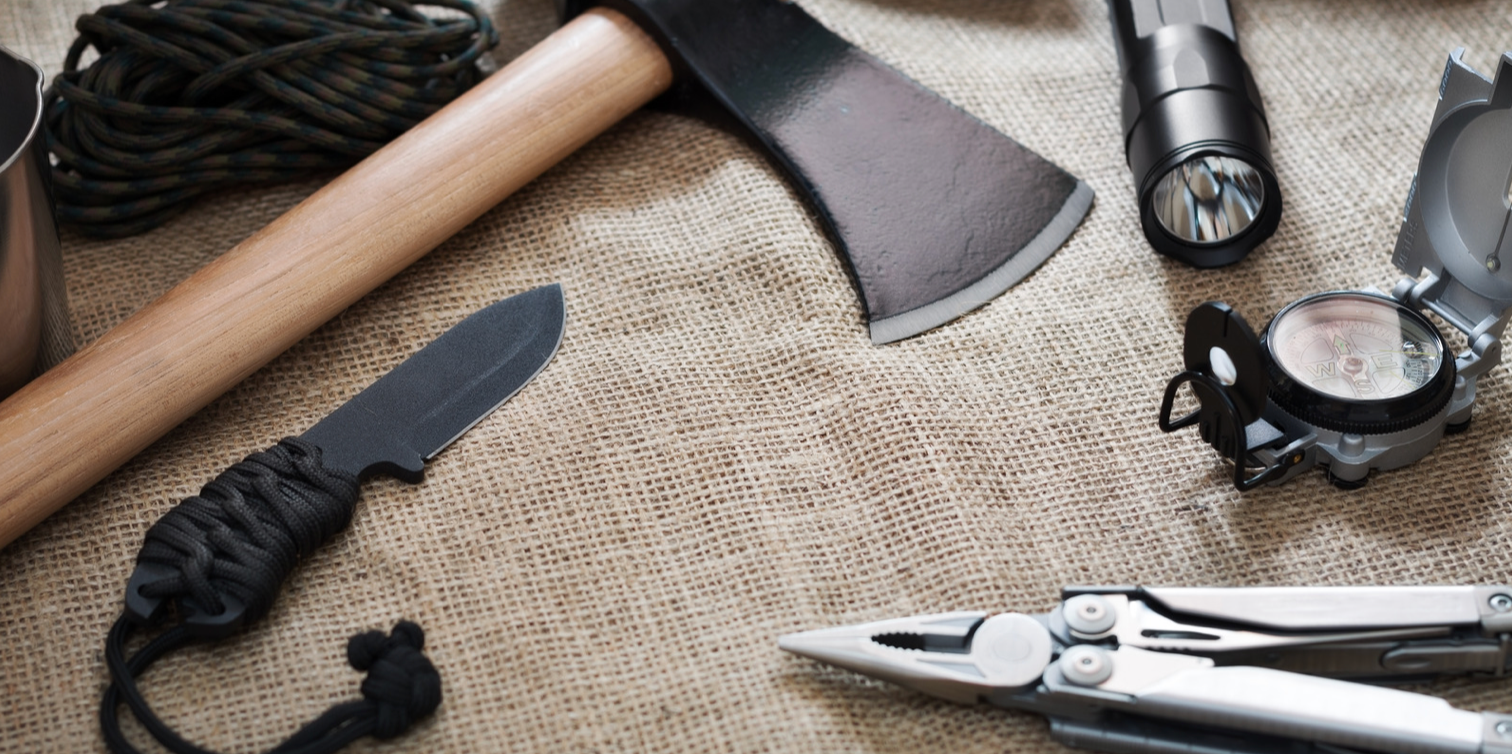
"The only real things in life are the unexpected things. Everything else is an illusion", Watkin Tudor James. This quote should be on your mind when planning a hiking trip. While it's good to be op...
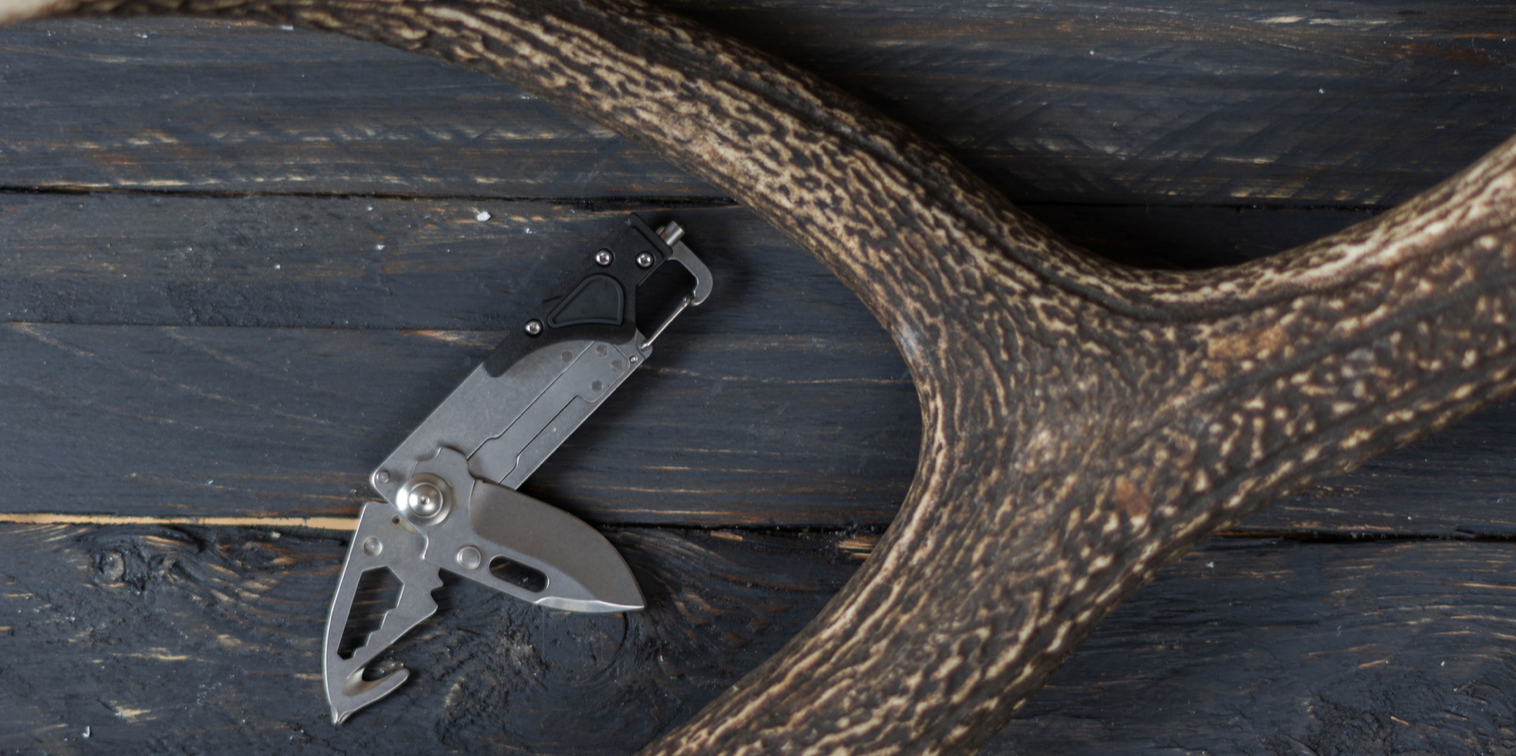
How do you reduce the weight of your backpack without compromising your safety and comfort? Short answer, multifunctional gear. By serving two or more different functions, multifunctional hiking p...

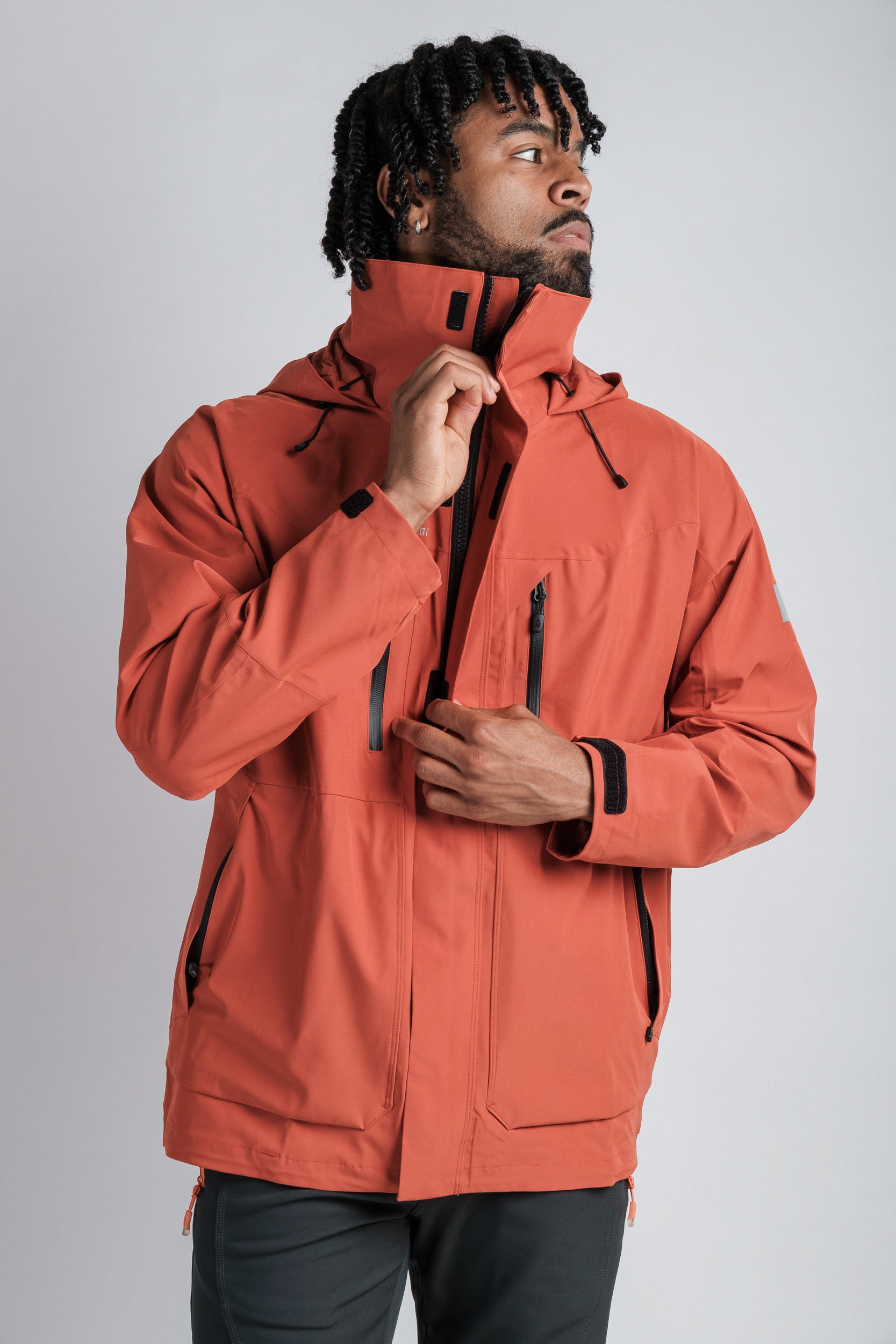

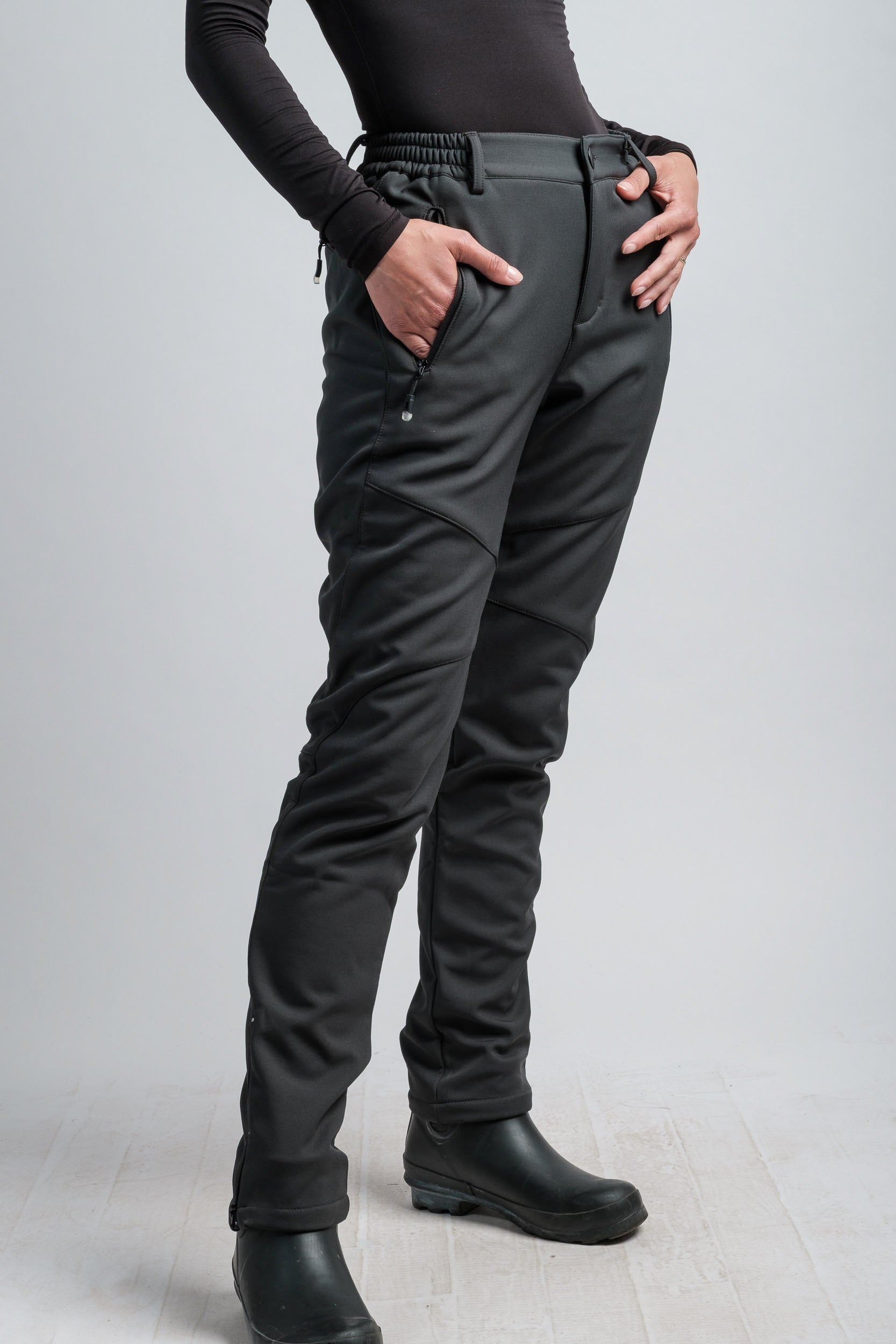
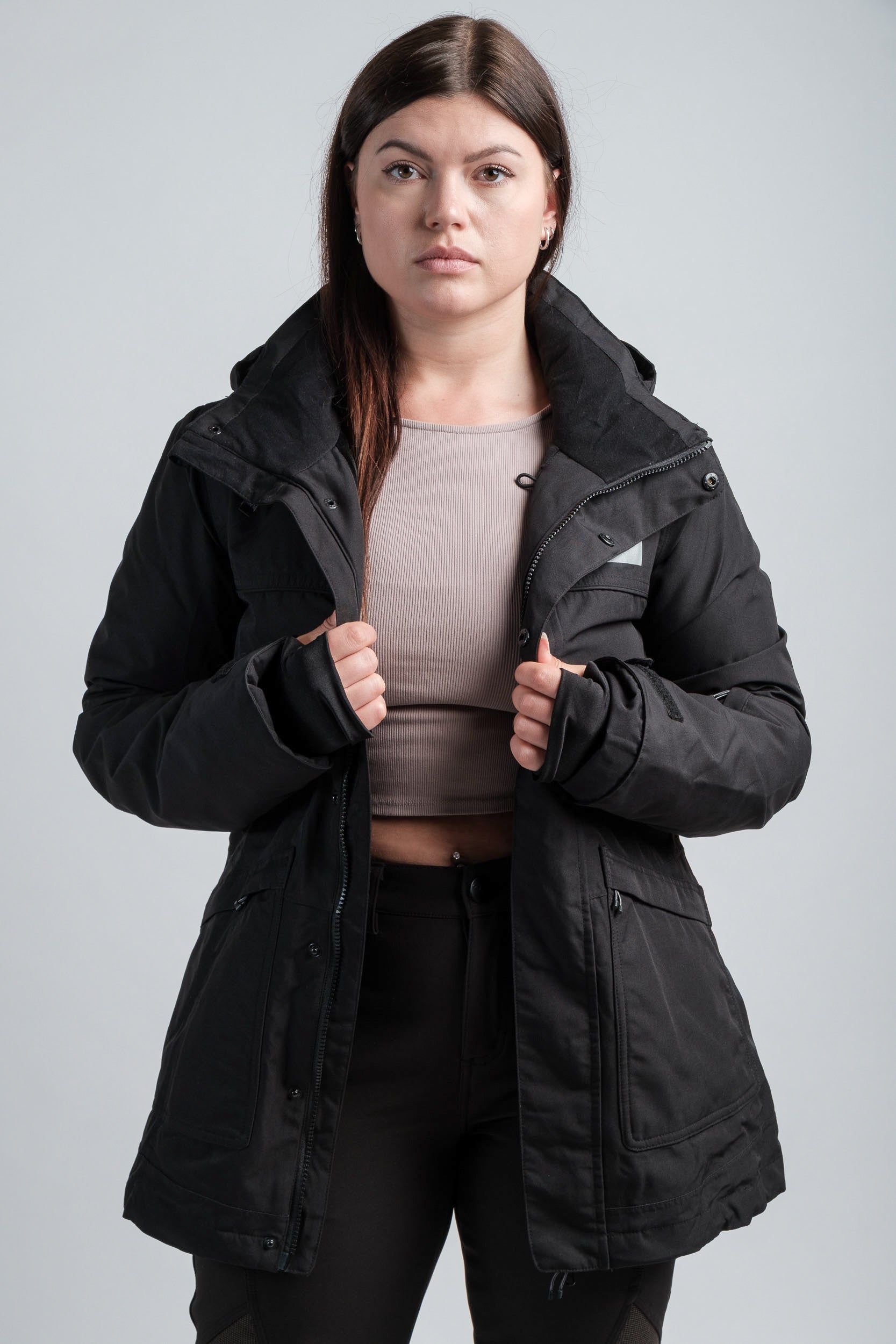
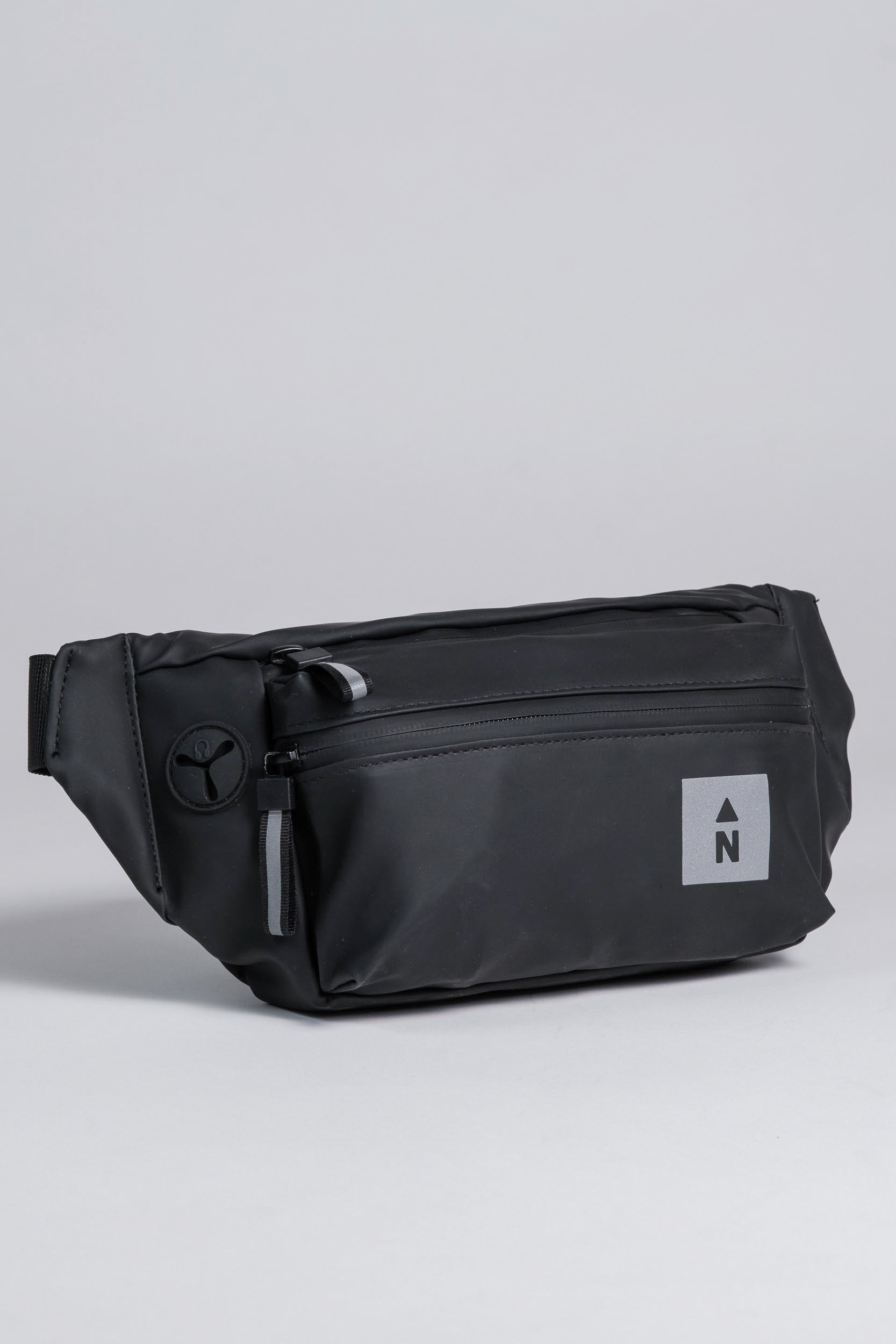
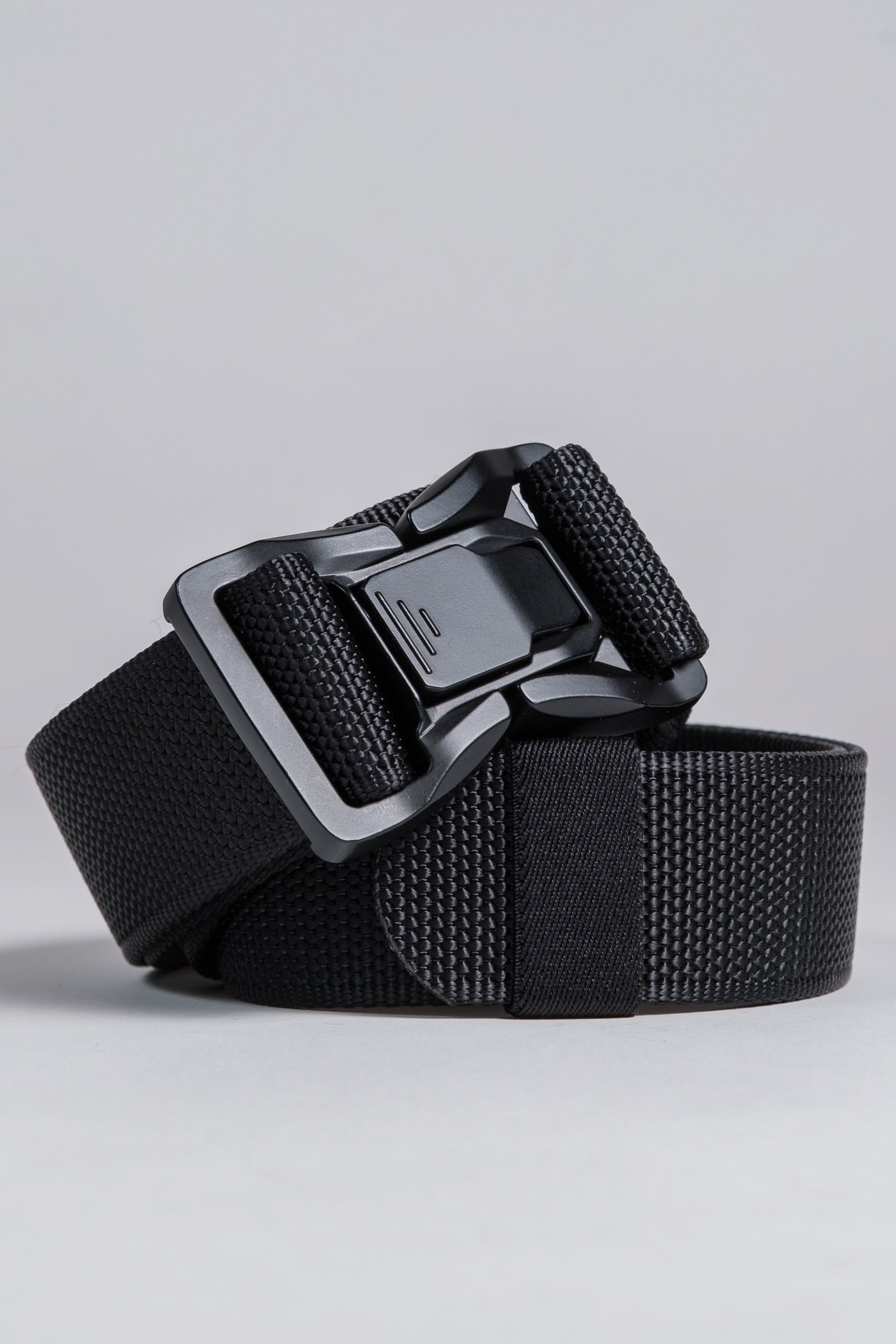
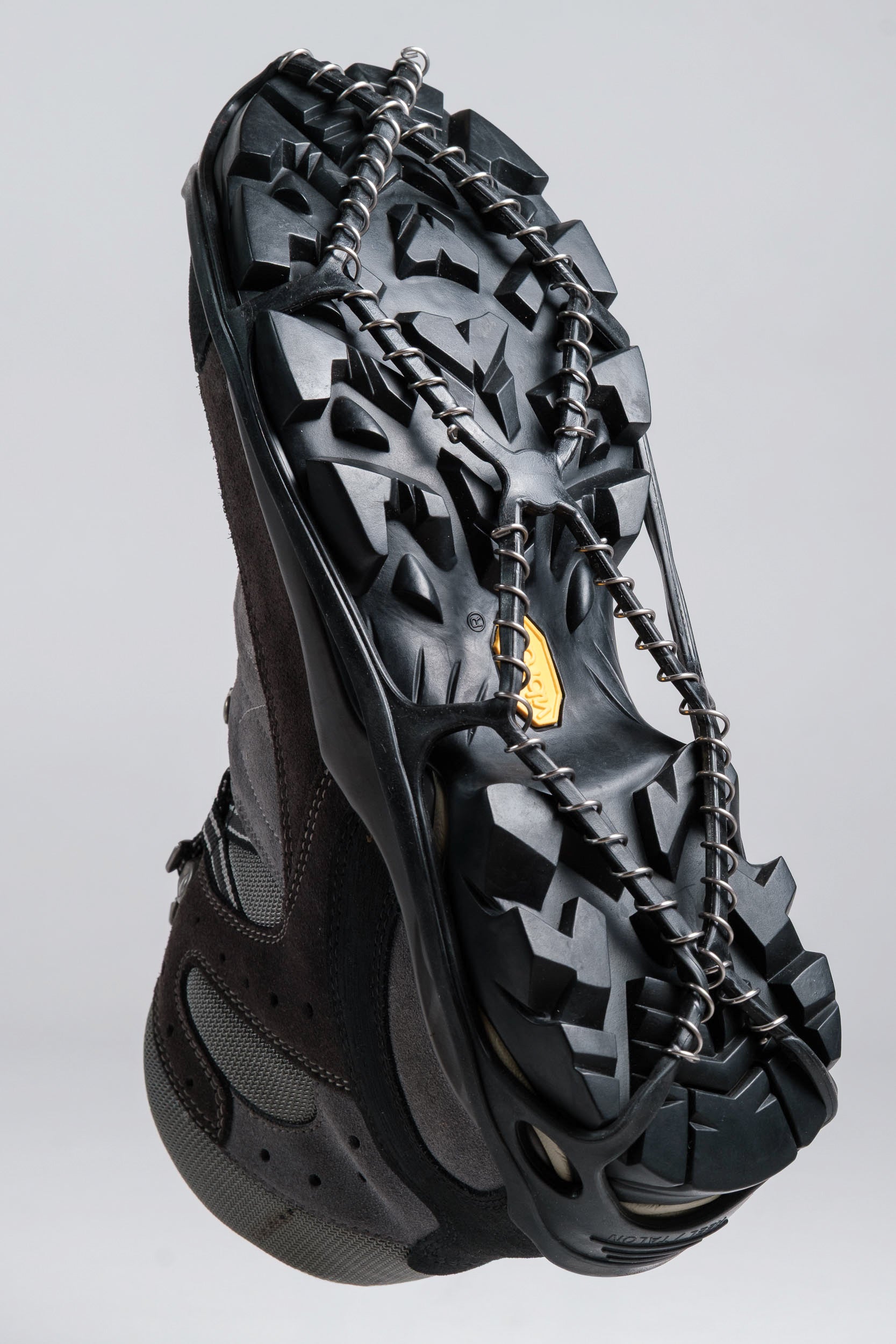
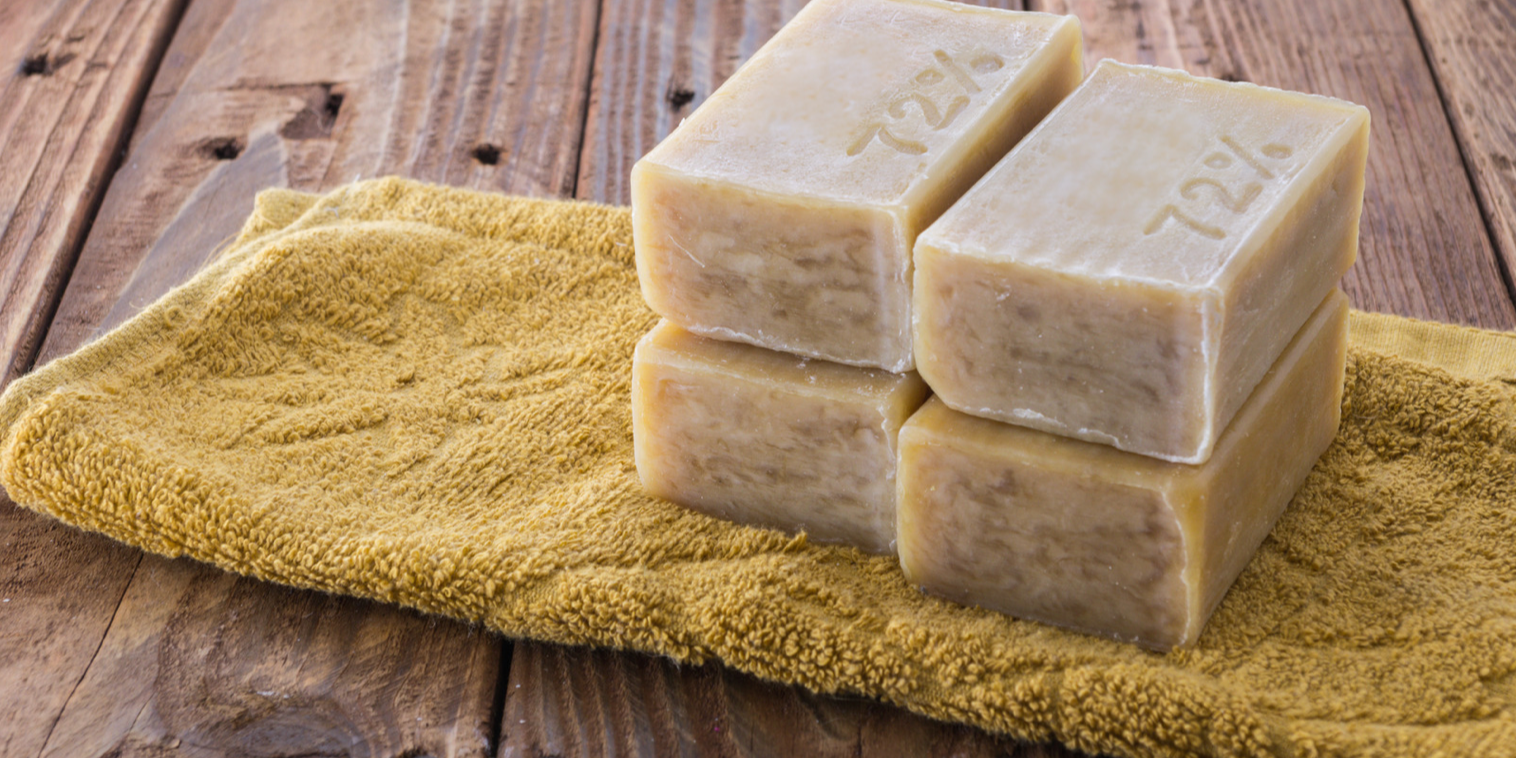
1 comment
Thanks for good information. I’ve been air drying my clothes for years. And using laundry bags. Just reinforces what I m doing.
Ann Carson
Leave a comment
All comments are moderated before being published.
This site is protected by hCaptcha and the hCaptcha Privacy Policy and Terms of Service apply.